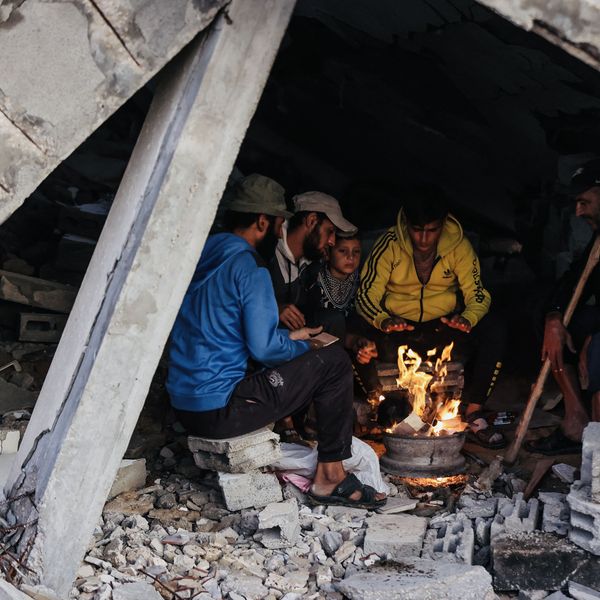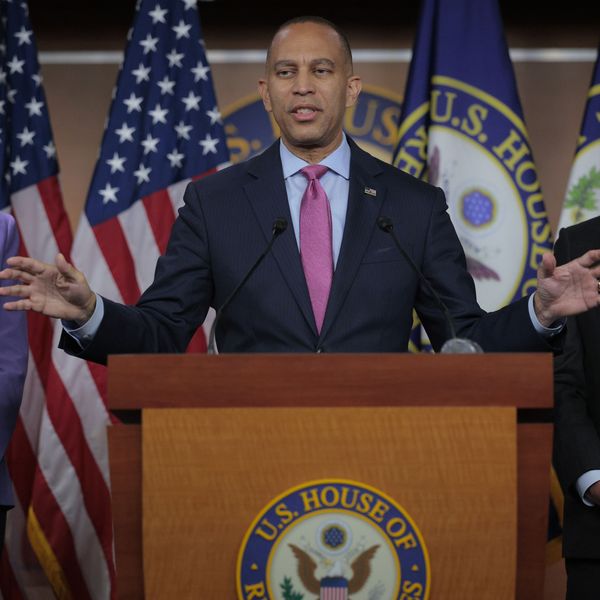Egypt will permanently open its Rafah border crossing starting from Saturday, the country's official news agency reported, easing a four-year blockade on the Gaza Strip.
The news agency MENA said on Wednesday that Egypt's new military rulers set the date for the opening of the crossing as part of efforts "to end the status of the Palestinian division and achieve national reconciliation".
It said the Rafah border crossing would be opened permanently starting Saturday from 9am to 9pm every day except Fridays and holidays.
Al Jazeera correspondent Ayman Mohyeldin, reporting from Cairo, said there is still no official confirmation from supreme council of the military.
"Sources in national security told Al Jazeera that military intended to open up the border. A senior member of Hamas visiting Egypt has also confirmed that they have been notified that military will open the border," he said.
Nicole Johnston, our correspondent in Gaza, said, "It comes with no surprise, people of Gaza and Egypt have been waiting for the news for the last few weeks."
However, it will not be full opening as there will be some sort of conditions on exit.
"It will allow basically all women to leave Gaza, also children under the age of 18 years will be allowed to leave as well as men over the age of 40 years. However, those between the age of 18 and 40 years will require Egyptian visa," she said.
"Visa would have to come from Ramallah. Sources in Hamas say, they have been told by the Egyptian authorities over the last few weeks that they [Egyptians] do intend to open some sort of representative office inside Gaza so that people can get the visa from there."
Sharp departure from past
The decision is a sharp departure from the policies of former president Hosni Mubarak, who had restricted the movement of people and goods through the Egyptian-Gaza border.
Our Cairo correspondent said that "mechanisms in place at the border are going to be very important to watch".
"In fact, one of the military's first and important announcements was to abide by all international agreements that the previous government had committed to," he said.
"One of those agreements that have been previously made had to deal with the opening of the border in Gaza, particularly that the Rafah border had to be under the supervision of European monitors. Our sources indeed tell that European monitors have not been notified that border will be opening on Saturday."
Concerns for Israelis
Certainly this is going to cause some concerns for Israel particularly Europeans as to what mechanism is going to be put in place," Aymen said.
Sources at Rafah say that it's unlikely all the mechanism needed to be put in place can actually arrive and assume the kind of flow that's suspected to come out, he said.
"One of biggest problem for Gazans besides shortage of food and supplies has been the psychological impact of not allowing 1.5m people to move freely, there's no doubt if the border is opened freely for all, there's going to be a massive influx of Palestinians who would want to get out for the first time since the seize was put in place."
A year ago Israel significantly eased its restrictions on cargo entering Gaza, but it still severely limits entry and exit of Gazans through its northern crossing into Israel.
Gazans have circumvented the blockade by operating hundreds of smuggling tunnels under the 15km Gaza-Egypt border.
The tunnels have been used to bring in all manner of products, as well as people.
Israel charges Hamas has used the tunnels to import weapons, including rockets that can reach main population centres in Israel's centre.
The crossing has been mostly closed, in line with an Israeli blockade on the Gaza Strip, since 2007 when Hamas seized control of the coastal territory.


